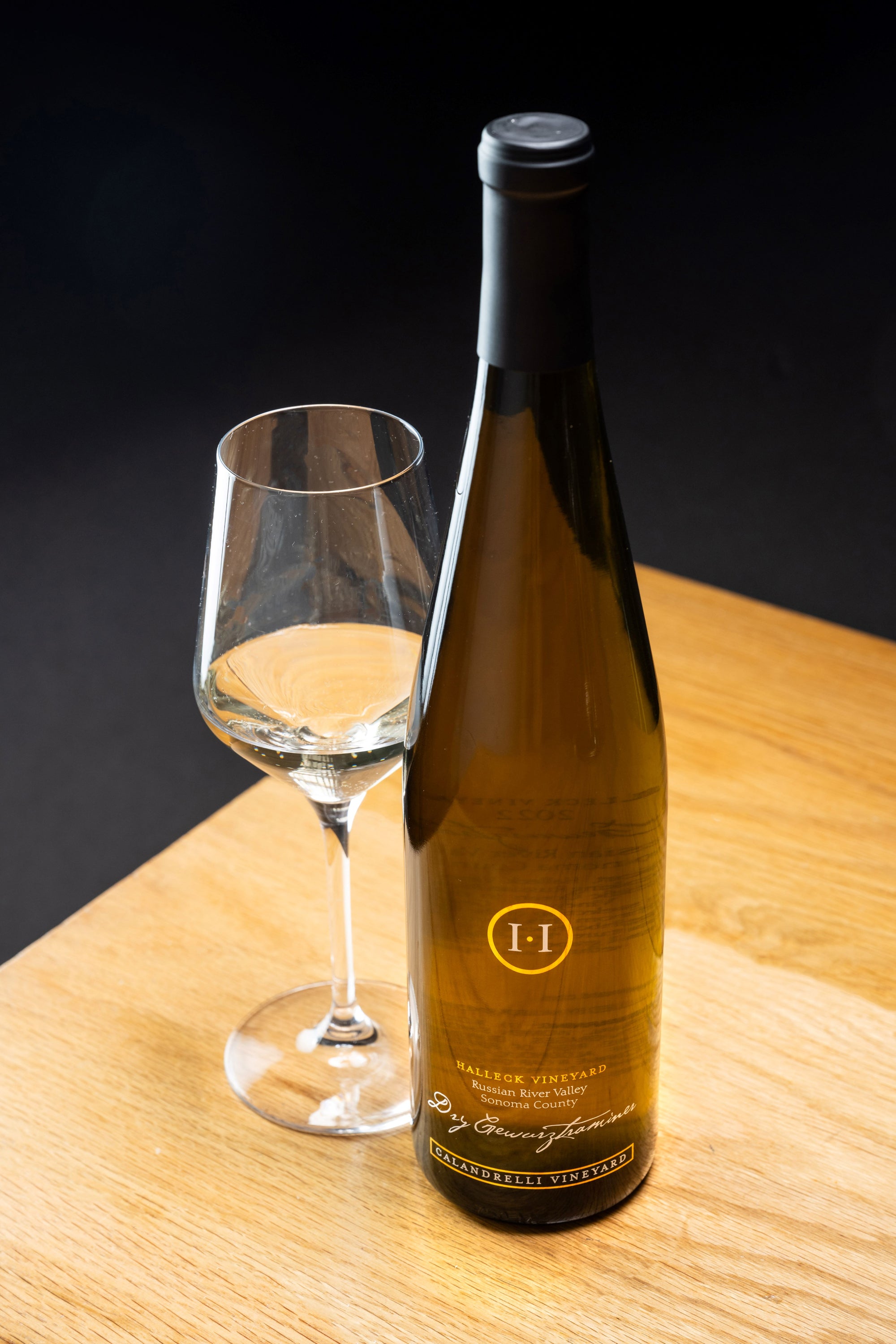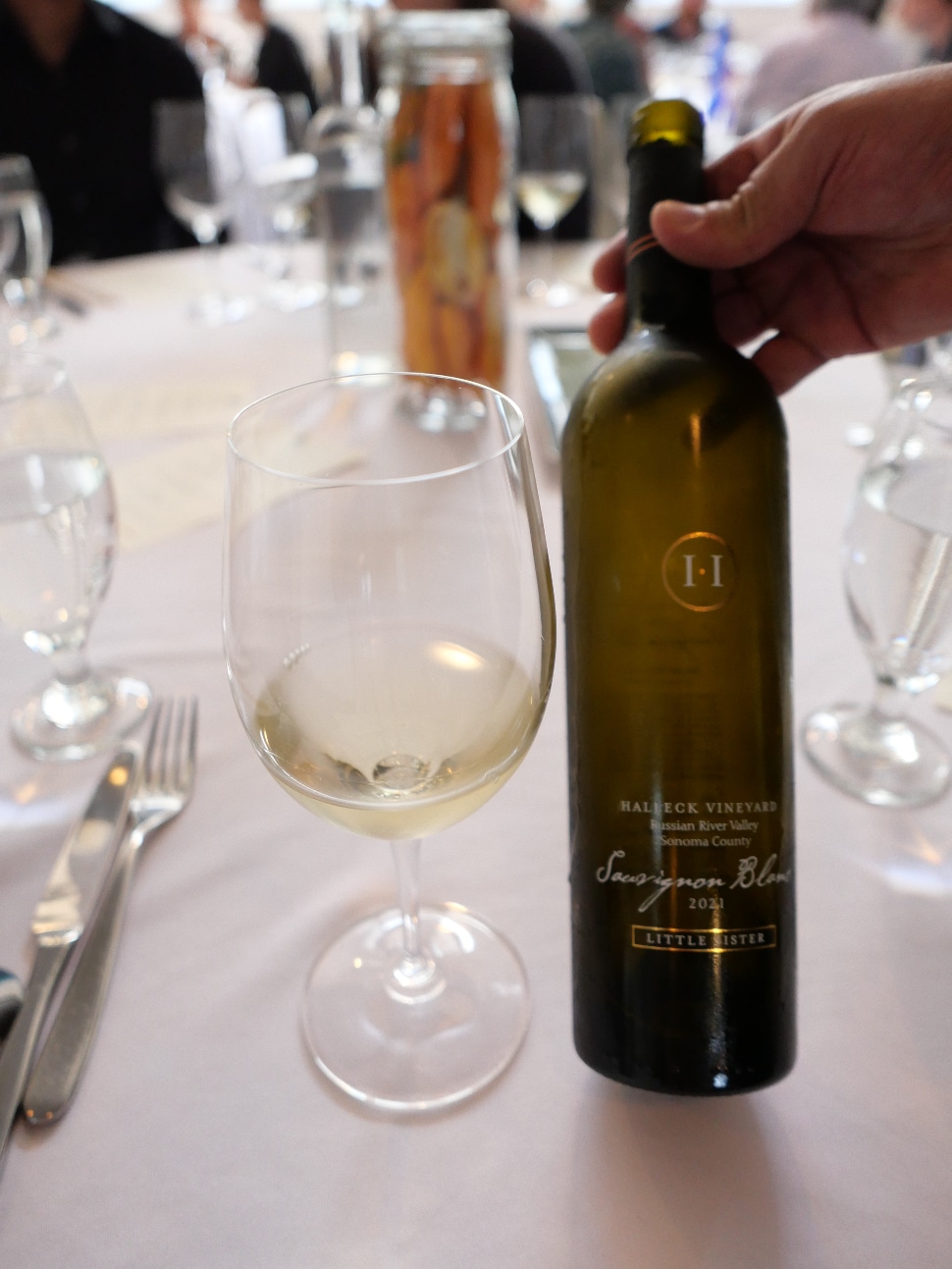Charming Wineries With Views In Sonoma Valley - Sonoma's Hidden Winery Gems
Popular Wineries With Outdoor Seating In Sonoma - Sebastopol Vineyard Visits
Wine tasting is commonly regarded as an art form, one that goes beyond merely having fun with a beverage. It embraces a posh interplay of flavors, aromas, and textures that requires devoted practice to truly grasp. Many who venture into the world of wine tasting quickly notice that it includes far more than simply sipping wine. Enhancing sensory skills via devoted winery wine tasting can elevate the experience, reworking an off-the-cuff drinking occasion into a sophisticated exploration of the senses.
At a basic level, wine tasting engages the senses of sight, smell, style, contact, and even sound. Each element plays an important function in appreciating the nuances of a wine. When one first pours a glass of wine, the wealthy hues can present preliminary insights into its age and varietal. Observing the color and clarity helps kind expectations in regards to the wine's flavor profile. Many don’t totally respect how this visible assessment can set the stage for what is to follow.
The subsequent step is to interact the sense of scent. Swirling the glass aerates the wine, allowing its volatile compounds to flee and fill the air with its bouquet. The nose entails some fascinating layers—different aromas can signal numerous elements of the winemaking process, including the kind of grapes used, fermentation strategies, and getting older conditions. Growing a eager sense of smell is often a game-changer in wine tasting.
Vineyard Picnic Spots In Sonoma Valley - Best Wine Tasting Spots In Sonoma County
To improve this sensory skill, wine enthusiasts are often inspired to participate in dedicated tastings at wineries. These tastings permit people to focus solely on the sensory experience (Best Wineries For Sunset Views In Sebastopol). Tasting periods led by educated sommeliers or winemakers can offer insights into identifying distinct aromas. Learning to distinguish between floral, fruity, earthy, and spicy notes can empower a taster to articulate their experience with higher precision.
As one practices their sensory talents, they might uncover that their style preferences evolve. This transformation often happens after multiple tastings. A wine that originally seemed overwhelming might reveal hidden layers of complexity with a little bit of experience. Understanding the means to isolate particular person flavors corresponding to acidity, sweetness, bitterness, and umami contributes considerably to the overall wine experience.
Another important element in bettering sensory skills is the context in which wine is tasted. Environmental elements like temperature, lighting, and even the company present can influence perceptions. At a winery, an optimal setting can cut back distractions and enable a more profound exploration of the wine (Wineries Showcasing Local Art And Crafts). Practicing conscious tasting techniques encourages a more immersive experience, allowing tasters to hone in on their senses.
It is not solely about individual perception, although. Participating with others during a tasting can even improve sensory skills. Sharing notes and discussing impressions fosters a deeper understanding of the wine. This collaborative method encourages members to articulate their sensory experiences, thereby broadening their linguistic repertoire associated to wine tasting.
Wineries With Unique Gamay Wines - A Visit To Sebastopol Wineries
Additionally, pairing wine with food can considerably enhance the tasting experience. Different mixtures can convey out distinctive flavors in each the wine and the dish. As one tastes a wine alongside specific foods, they can begin to recognize how sure elements in the wine complement or contrast with what they are consuming. This skill of pairing is another layer that enriches sensory development.
Coaching one’s palate can involve a variety of workouts. Some enthusiasts engage in systematic tasting experiences, sampling a spread of wines that showcase totally different varietals, areas, or vintages. Exploring this variety can sharpen the power to discern nuances across completely different wine profiles. Over time, this practice builds a psychological library of flavors that can be accessed throughout future tastings.
Notably, written notes serve a twin purpose: organizing one’s ideas and reinforcing memory. By writing down observations about every wine, tasters can observe their progress over time. Detailing the traits of wines assists in solidifying knowledge, in the end deepening one’s appreciation of what they consume.
Furthermore, attending workshops or classes centered on sensory analysis can be useful. Many wineries provide these educational applications to help individuals refine their skills. Often, educated instructors guide members via structured tastings, specializing in specific components of the wine. This degree of training reinforces the sensory skills asynchronously and challenges tasters to contemplate their experiences from completely different angles.
Artisan Wineries In Russian River Valley - Best Vineyard In Sonoma

Over time, the commitment to enhancing sensory skills via dedicated winery wine tasting can yield significant rewards. The enjoyment derived from wine turns into layered and multifaceted. No longer limited to a easy desire for "pink" or "white," tasters start to understand the tales behind each pour. They domesticate a palette capable of navigating the complicated landscape of flavors with confidence.
In conclusion, the journey of enhancing sensory skills through devoted winery wine tasting is as rewarding as it is enjoyable. It requires focus, commitment, and a willingness to be taught, but the outcomes far exceed the initial effort. By engaging multiple senses and collaborating in considerate discussions, people not only turn out to be more adept at figuring out flavors but additionally site link develop a deeper appreciation for the craftsmanship behind every bottle. The course of transforms wine from a mere beverage into a rich tapestry of sensory exploration that beckons enthusiasts to delve deeper. As skills enhance, so too does the enjoyment, enriching life experiences one sip at a time.
Unique Wine And Food Pairings In Sonoma - Sonoma Area Winery For Tasting
- Partaking the palate via diverse wine varieties enhances the power to differentiate flavors and aromas, refining total sensory notion.
- Collaborating in guided tastings promotes focused consideration on delicate characteristics of every wine, nurturing crucial tasting skills.
- Studying to determine specific grape varieties fosters a deeper understanding of terroir, which aids in recognizing regional flavor profiles.
- Incorporating food pairings throughout tastings can heighten sensory awareness, as completely different tastes can influence one another and alter perceptions.
- Practicing the art of swirling and nosing wines permits individuals to connect olfactory cues with style, improving the flexibility to articulate sensory experiences.
- Attending workshops that emphasize blind tastings trains participants to rely purely on their senses quite than preconceived notions, enhancing objectivity.
- Elevating sensory skills can result in better wine selection talents, empowering people to make informed selections based mostly on personal preferences.
- Engaging with educated sommeliers provides insights into wine-making processes, which deepens sensory appreciation and enhances vocabulary for describing wines.
- Common participation in tastings encourages reminiscence development of flavors and aromas, aiding within the formation of a customized sensory profile over time.
- Sharing tasting experiences with friends fosters discussion, promoting communal studying that may enhance particular person sensory skills via collaboration.undefinedWhat is the aim of improving sensory skills via wine tasting?

Enhancing sensory skills by way of wine tasting allows people to boost their ability to establish and respect the varied aromas, flavors, and textures of wine. This heightened sensory awareness can result in a deeper understanding of wine and an overall enriched tasting experience.
Eco-Friendly Wineries In Sonoma County - Vineyards In The Sonoma Region
How can I develop my sensory skills at a winery?
You can develop your sensory skills at a winery by collaborating in guided tasting periods that target specific varietals. Engage with knowledgeable workers who can provide insights and encourage you to take notes on your impressions, enhancing both your observational and descriptive talents.
What ought to I count on throughout a devoted wine tasting experience?
Wineries With A Focus On Syrah - Exploring The Vineyards Of Sonoma
Throughout a devoted wine tasting experience, count on to pattern a selection of wines while receiving focused schooling about each one. You May be taught in regards to the winemaking process, tasting techniques, and how to discern totally different sensory traits, all in this a relaxed setting.
Is prior information of wine needed to profit from a sensory skills workshop?
- Wineries Near Highway 12
No prior knowledge of wine is critical; the workshops are designed for all ranges of experience. Beginners will find priceless data to construct from, whereas seasoned tasters can refine their skills and expand their palate even further.
How do sensory skills impact my total wine appreciation?
Spectacular Vineyard Views In Sonoma - Sonoma County Wine Tasting Locations
Bettering sensory skills considerably enhances your total wine appreciation by allowing you to determine subtleties and complexities in wines. This deeper understanding enriches your tasting experience and helps you make informed choices based mostly on personal preferences.
Are there particular techniques I should use while tasting wine to enhance my sensory skills?
Vineyard Picnic Spots In Sonoma Valley - Enjoying The Best Wineries In Sebastopol
Sure, using techniques such because the "SWOT" methodology (Sight, Swirl, Smell, Sip, Savor) could be helpful. Pay attention to the wine's look, aromatics, and mouthfeel, and take your time with every sip to fully explore the flavors and sensations.
What kind of wines are sometimes included in sensory skills tastings?
Typically, sensory skills tastings embody a big selection of wines that showcase different regions, varietals, and styles. This diversity helps members establish distinct characteristics and enhances their ability to distinguish between wines.
Can sensory skills workshops be personalized to my tasting interests?
Wineries With Sustainable Practices - Discovering The Vineyards Of Sonoma County
Many wineries provide personalized choices for sensory skills workshops, allowing you to focus on particular kinds of wines or themes that interest you, corresponding to organic wines or distinctive regional choices. It's greatest to inquire directly with the winery for tailored experiences.
Is there a method to practice sensory skills after leaving the winery?
Sure, you probably can practice your sensory skills at home by tasting completely different wines and keeping a tasting journal. Experimenting with various food pairings and aromatics can additional improve your understanding of how flavors work together, reinforcing the abilities gained at the winery.